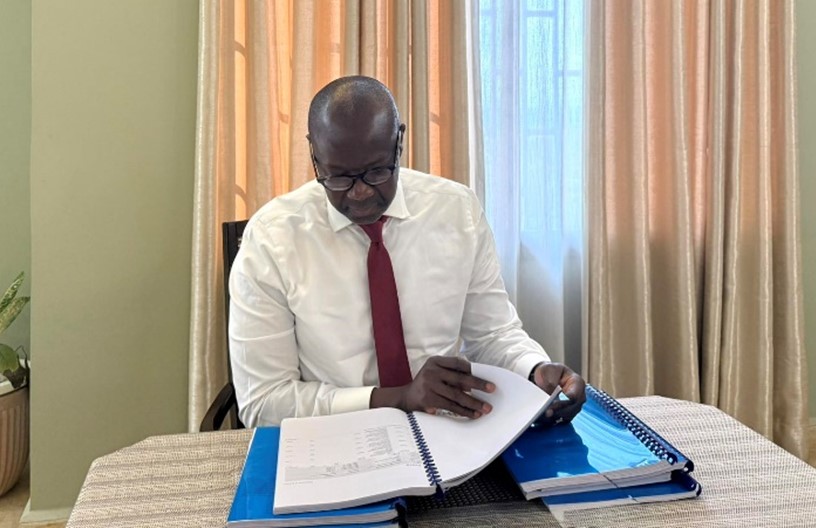The Millennium Compact Challenge (MCC) on Thursday, November 3, 2022 released the scorecards of countries deemed eligible for MCC assistance, with Liberia making a pass and standing the chance of being considered for a compact during the 2023 fiscal year.
The Millennium Challenge Corporation (MCC) is an innovative and independent U.S. foreign assistance agency that is helping lead the fight against global poverty.
Created by the U.S. Congress in January 2004 with strong bipartisan support, MCC has changed the conversation on how best to deliver smart U.S. foreign assistance by focusing on good policies, country ownership and results. MCC provides time-limited grants promoting economic growth, reducing poverty, and strengthening institutions. These investments not only support stability and prosperity in partner countries, but also enhance American interests.
There are a total of 66 eligible countries this year, including Benin, Burkina Faso, Cameroon, Chad, Central Africa Republic, DR Congo, Ivory Coast, Egypt, Gambia, Ghana, Guinea, Nigeria, Kenya and Guinea Bissau. However, typically only a small handful of countries get selected for compact.
The selection for the MCC compact assistance is limited to countries whose gross national income (GNI) per capita is $2,045 or less; and countries whose GNI per capita is between $2,046 and $4,255.
In selecting countries as eligible for a subsequent compact, the MCC Board considers, among other factors, the country’s policy performance over time using the standard indicator methodology; the opportunity to reduce poverty and generate economic growth in the country; the availability of MCC funds; and the country’s performance implementing its previous compact, including evidence of a commitment to further reform.
The evaluation is done by considering the nature of the country’s partnership with MCC, the degree to which the country has demonstrated a commitment and capacity to achieve program results, and the degree to which the country has implemented its previous or existing compact in accordance with MCC’s policies and standards.
Often times, countries are required to pass the scorecard for multiple years before being selected.
To pass the MCC scorecard, a countries must pass at least 10 of the 20 indicators, with at least one pass in each of the three categories; pass either the political rights or civil liberties indicator; and pass the control of corruption indicator.
Fortunately, Liberia passed 12 out of the 20 indicators: inflation, political rights, civil liberties, control of corruption, trade policy, rule of law, freedom of information, gender in the economy, land rights and access, access to credit, employment opportunity and health expenditure, failing in only eight of the indicators, including primary education expenditure, immunization rate, child health, etc.
The MCC scorecard shows that Liberia successfully passed more than half of the indicators, control of corruption and democratic rights, which are the three main indicators for eligibility for a compact assistance.
However, this is the first time Liberia has passed in several years. But as the MCC is expected to select the countries eligible for compact assistance for fiscal year 2023 in December, it is anticipated that Liberia makes up the list.







